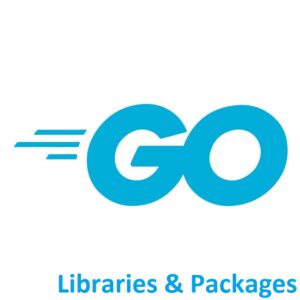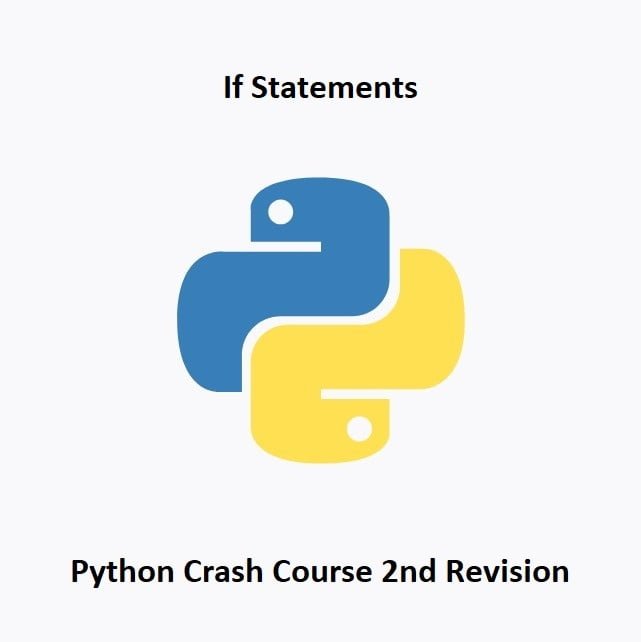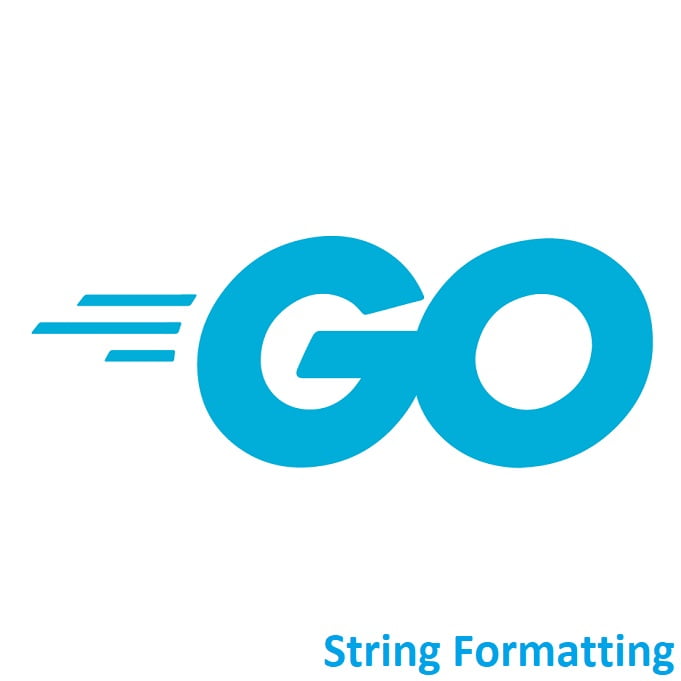
Go's Rich and Extensive Library!
Welcome to the world of Golang! Library packages are the backbone of modular and scalable applications in Go, offering reusable functionalities and code organization. Understanding the usage and advantages of library packages is crucial for efficient software development in Go programming. This guide navigates through the concepts of library packages, demonstrating their significance and utilization in Go applications.
Go’s Library
The Go programming language comes with a rich and extensive standard library that provides various packages for different purposes.
Here’s a list of some important standard library packages in Go:
fmt
This package provides formatting and printing functions similar to C’s printf and scanf functions.
io
The io package provides basic input and output operations, including reading and writing data.
os
The os package provides operating system-specific functionality, such as file operations, environment variables, and command-line arguments.
strings:
The strings package provides functions for manipulating and working with strings.
strconv
This package provides functions for converting strings to different numeric types and vice versa.
math
The math package offers mathematical functions and constants for numerical operations.
time
The time package provides functionality for working with dates, times, and durations.
encoding/json
This package allows you to encode and decode JSON data, which is commonly used for data interchange.
net/http
The net/http package is used for building HTTP servers and clients. It provides tools for handling HTTP requests and responses.
database/sql
This package provides a generic interface around SQL (or SQL-like) databases, allowing you to interact with databases using a consistent API.
flag
The flag package helps in parsing command-line arguments and flags.
log
The log package provides simple logging capabilities.
sync
The sync package provides synchronization primitives like mutexes, conditions, and more for managing concurrent access to shared resources.
context
The context package helps in managing the context of requests or operations, especially in a concurrent or distributed setting.
testing
The testing package provides support for writing unit tests in Go.
bufio
The bufio package provides buffered input and output operations, which can be more efficient when reading or writing data in chunks.
os/exec
This package enables you to execute external commands and manage their input, output, and error streams.
path/filepath
The path/filepath package provides functions for manipulating file paths in a portable way across different operating systems.
sync/atomic
This package offers atomic operations for low-level synchronization and management of shared memory.
html/template and text/template
These packages provide a template-based approach for generating text, HTML, or other formats.
These are just a few examples of the many packages available in the Go standard library. The standard library is well-documented, so you can explore the documentation for each package to learn more about the functionalities they offer and how to use them effectively.
Golang Code
To use these packages in the Go standard library is quite straightforward, you simply “import” them.
Here’s an example of how you can use these packages:
package main
import "fmt"
func main() {
name := "Alice"
age := 30
fmt.Printf("Name: %s, Age: %d\n", name, age)
}
This is just basic example of how to use these packages. To learn more and see more advanced use cases, it’s recommended to refer to the official Go documentation and tutorials that cover each package in more detail.
Conclusion
Library packages in Go provide a powerful mechanism for code organization, reuse, and extensibility, enabling developers to build scalable and maintainable applications. Mastery of using and creating library packages equips Go developers with the tools to create efficient and modular codebases.
That’s All Folks!
You can find all of our Golang guides here: A Comprehensive Guide to Golang





Virtually all of what you state is astonishingly accurate and that makes me wonder the reason why I had not looked at this with this light before. This particular piece truly did turn the light on for me personally as far as this subject matter goes. However, there is one factor I am not too cozy with and whilst I make an effort to reconcile that with the core theme of your position, allow me to observe what all the rest of your visitors have to say. Nicely done.